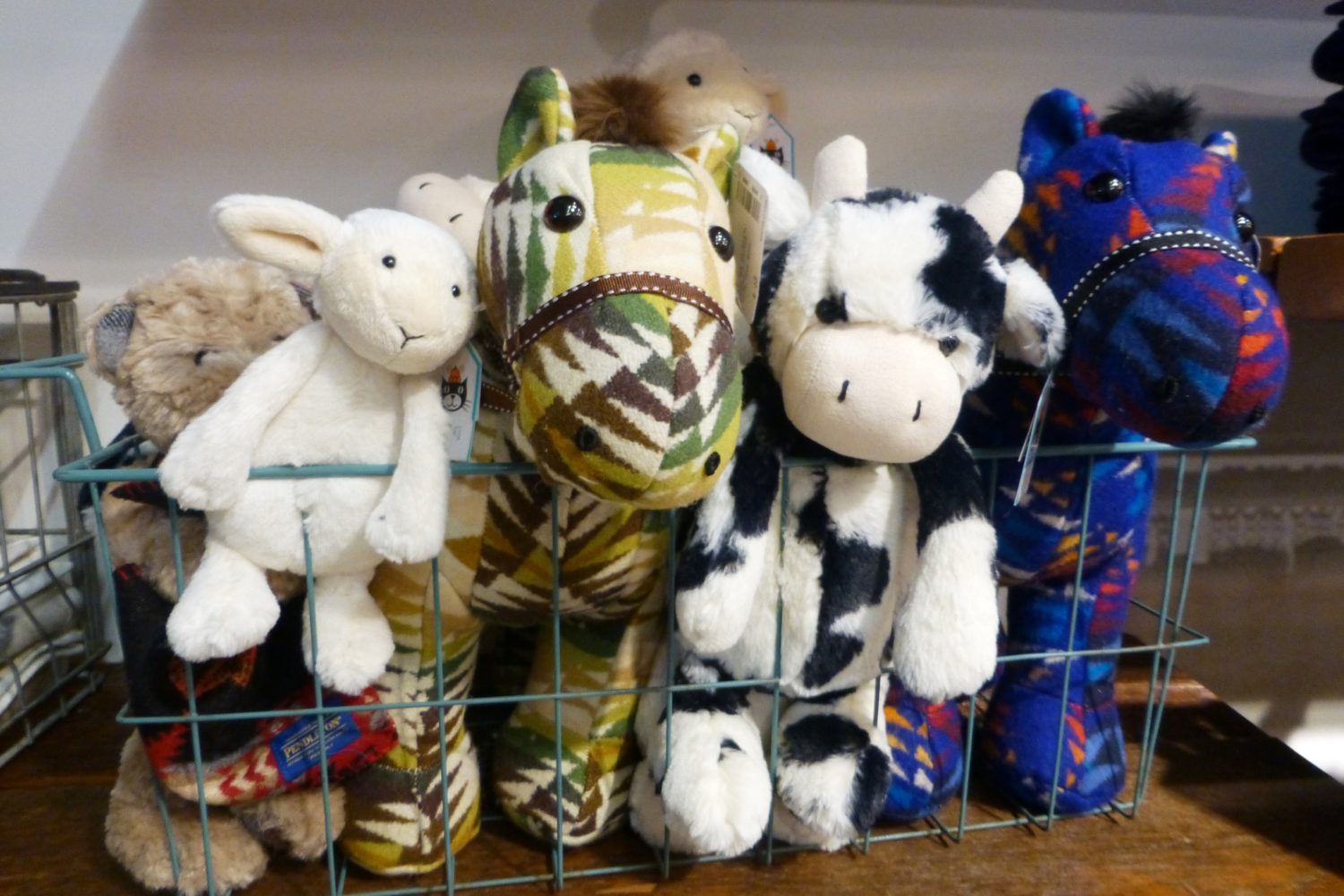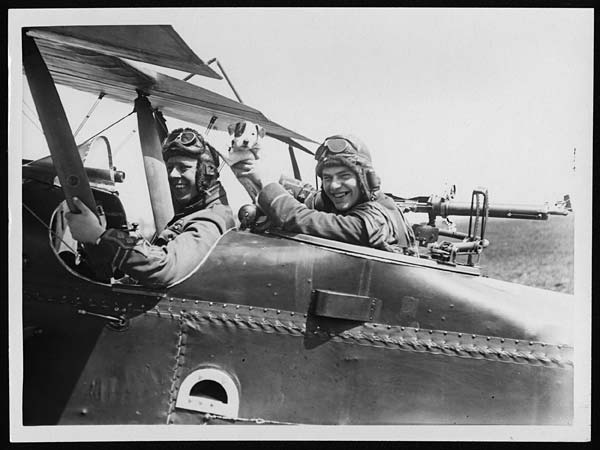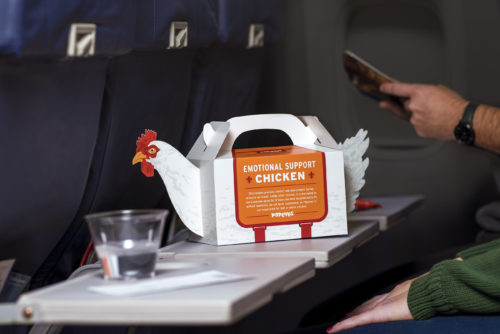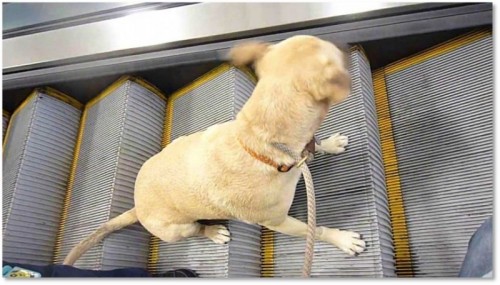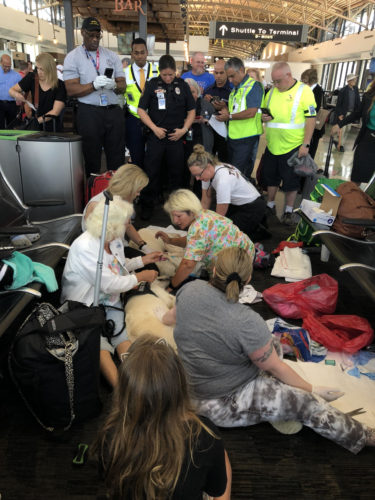
COVID-19 testing required for international travel – and maybe domestic travel too.
The Centers for Disease Control and Prevention now requires that all travelers flying to the United States from abroad show proof of a negative COVID-19 test before boarding their flight.
The new rule went into effect on January 26. And in addition to the pre-flight test, CDC is also recommending that anyone arriving in the U.S. be tested 3-5 days after travel and stay home to self-quarantine for 7 days after travel. Or self-quarantine for 10 days if they don’t get a test.
Airlines, hotels, and airports are rushing to help travelers comply with this new travel requirement.
United Airlines, for example, rolled out is “Travel-Ready Center.” This digital site lets passengers review COVID-19 entry requirements, find local testing sites, and upload required testing and vaccination records for both international and domestic travel.
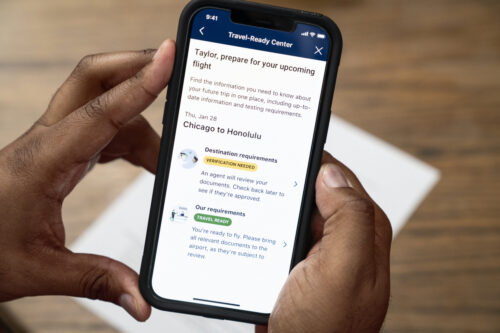
The new ruling is quite rigorous for international travel. And on Tuesday it was reported that the Biden administration is “actively looking” at expanding mandatory COVID-19 testing to travelers on U.S. domestic flights.
We’ll see if that extra layer of testing become reality. But in the meantime, if you do plan to travel soon it will be good to brush up on the current rulings.
Another airline bans emotional support animals
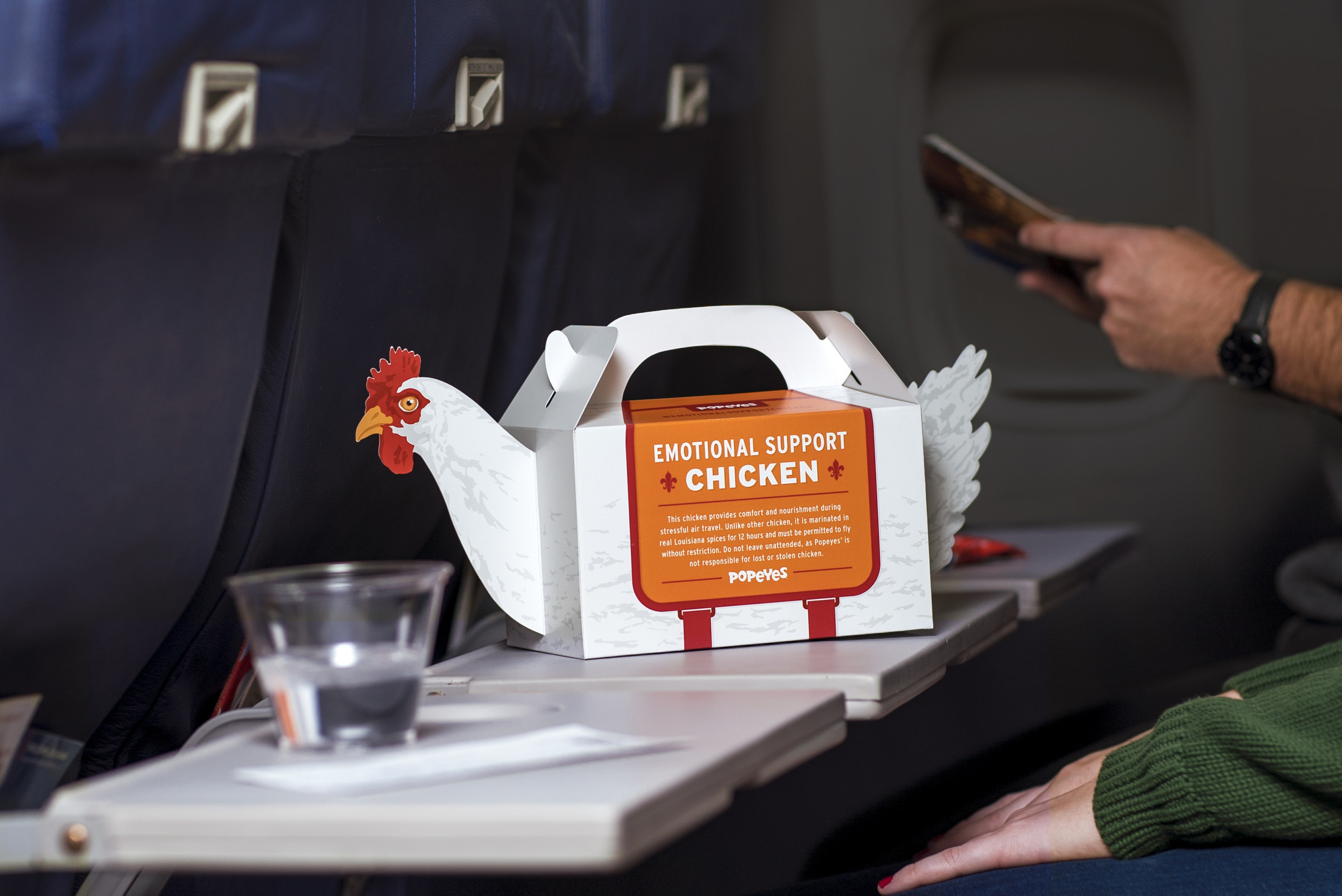
Southwest Airlines announced that as of March 1, 2021 emotional support animals will be banned from flights.
Starting that day, Southwest will only accept dogs that are trained service animals. The airline will still allow pets to fly in the cabin, but only if they are vaccinated domestic cats or dogs in an appropriate pet carrier. And if they have a ticket. Fares are $95 each way per pet carrier.
Southwest joins all other major airlines in making this ruling. Alaska Airlines, Delta Air Lines, American Airlines, Frontier, JetBlue, Hawaiian Airlines, and United Airlines have already put their “no emotional support animals” policy in force.
Festivals rebooked for real


Dare we hope?
While many annual events around the country and the world are being postponed or canceled for yet another year, some are going forward.
In New Orleans, the Jazz & Heritage Festival that was canceled last spring is now scheduled for October 8-17. And the French Quarter Festival is now planned to take place September 30-October 3.
